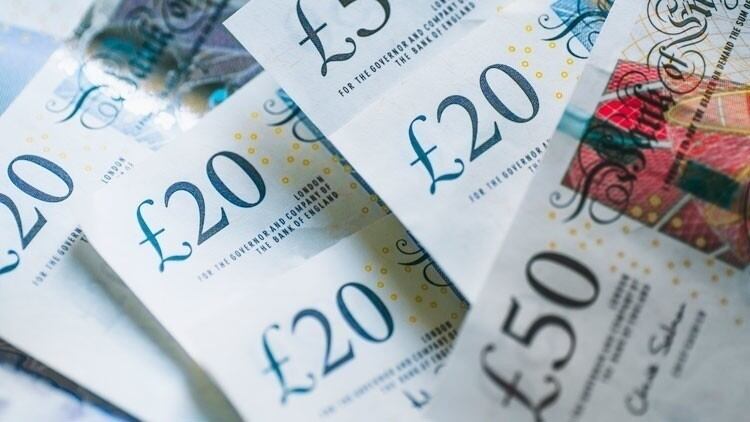Speaking in the House of Commons today (Wednesday 26 March), Reeves said the measures set out in the Autumn Budget were “non-negotiable”.
The increase to National Insurance, first announced at the Autumn Budget last October, will come into effect on 1 April.
Employer National Insurance contributions (ENICS) will rise from 13.8% to 15% and the annual salary threshold at which employers begin paying NICs will decrease from £9,100 to £5,000.
The NLW for workers aged 21 and over is also set to increase from 1 April, by 6.7%, from £11.44 to £12.21 per hour.
It means the annual wage cost for a full-time employee working 38 hours per week will rise by approximately £1,031.58.
Alongside this, the national minimum wage for those aged between 18-20 will increase by 16%, from £8.60 to up to £10 an hour.
Risk growth
Wage rates for under 18s and apprentices will also rise by 18%, from £6.40 to £7.55.
Ahead of the Spring Statement, operators told The Morning Advertiser (The MA) reversing the decision would provide “short to medium term viability” for hospitality businesses.
Numerous operators and pubcos have also shared the impact the tax hike will have on their business, including JD Wetherspoon, which estimated the plans will cost the pub behemoth an extra £1.2m a week in employment costs.
St Austell Brewery also announced it was exploring redundancies last week due to the rise.
The British Beer & Pub Association (BBPA) claimed the fiscal address showed an “alarming lack of a plan” to boost the economy.
BBPA CEO Emma McClarkin commented: “For a Government whose mission is growth, there is an alarming lack of a plan to boost the economy, given they’ve buried brewers and pubs under mountains of regulations, rates, and taxes.
“We now predict that, following the Spring Statement and taking into account the new costs coming into effect from April, the sector will now face an additional £70m per month, the equivalent of 5,700 jobs per month.
“We can expect to see pubs close at a faster rate which will risk growth and jobs and hurt the communities who rely on them.”
Meanwhile, Trade body UKHospitality (UKH) previously warned the tax hike would cost the sector an additional £3.4bn when it comes into force next week.
Cliff edge
Responding to the Spring Statement today, UKH said the address was a “missed opportunity” to support businesses and avoid April’s “cliff edge”.
Chief executive Kate Nicholls stated “growth won’t just happen without a plan”.
She continued: “The Government’s own analysis shows the failure to address the employer NICs threshold will force businesses to freeze recruitment, reduce hours available for staff and reduce employment levels in the very sectors the Government needs to achieve its goal to get people off welfare.
“If the Government is serious about getting Britain working, it needs hospitality. When we were backed after the financial crash and the pandemic, we proved how we can help drive economic recovery.
“Our new research this week proves that hospitality and the foundation economy are essential to the Government’s plan to create jobs where they’re needed, not just in clusters in the South East.
“There is still time for the Chancellor to act and avert this disaster. Now is the time to back hospitality, delay the changes to employer NICs and work with us to bring forward a plan for the high street that can deliver socially productive growth and opportunities to get people back into work.”




